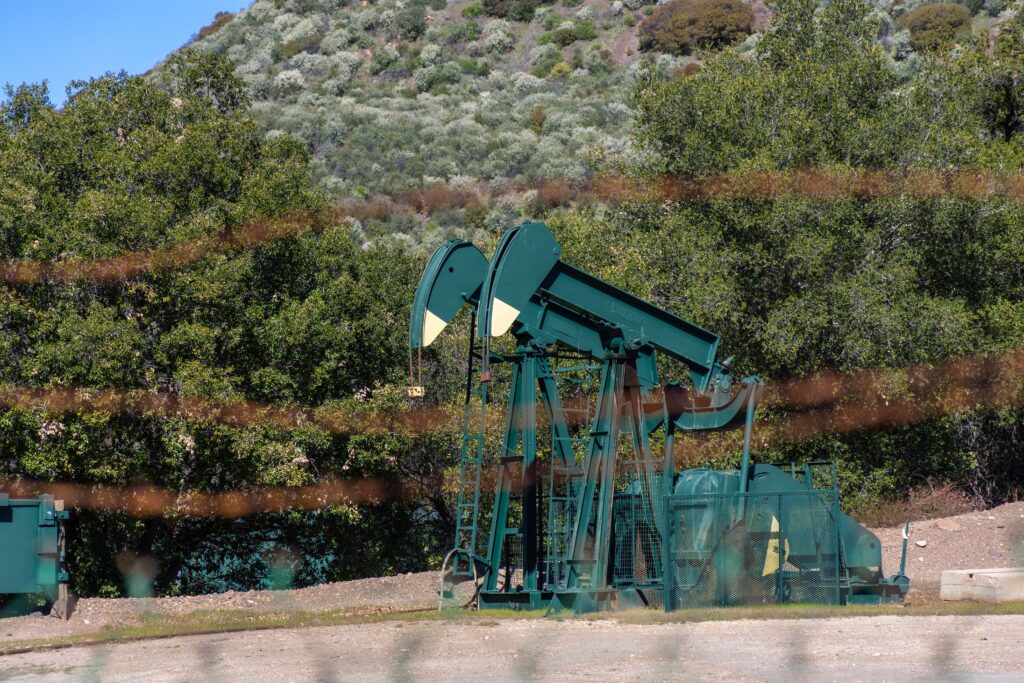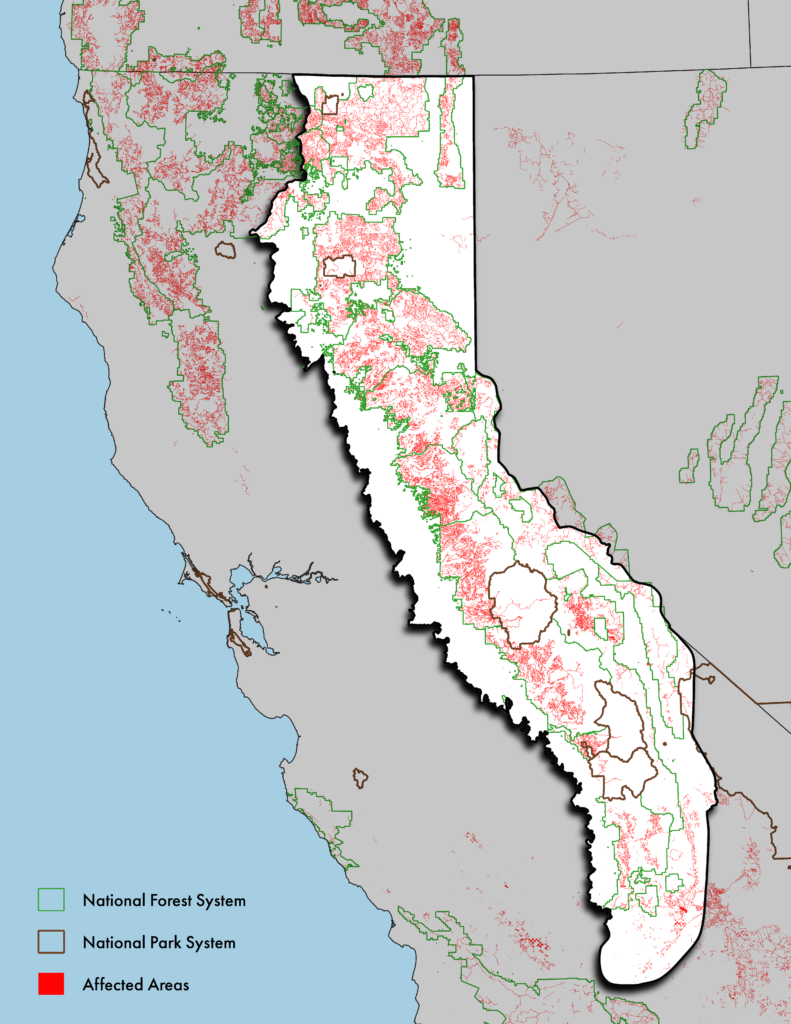House Republicans recently passed a large legislative bill known as H.R.1, “The Lower Energy Costs Act”. The bill passed by a 225-204 vote, mostly along party lines but with some Democratic support. H.R.1 poses a major risk to climate change mitigation as it would increase domestic oil and gas extraction, perpetuate long-standing environmental injustices, and undermine U.S. economic and national security by prolonging reliance on risky and volatile energy sources. Its sweeping changes to the National Environmental Policy Act (NEPA), the Mineral Leasing Act, the Mining Law of 1872, and the Clean Water Act prioritize polluter profits over public health and exhibit an astonishing disregard for government accountability and the voices and welfare of communities impacted by federal decisions.

H.R. 1 includes nearly 50 attacks on NEPA, which would effectively dismantle every aspect of citizen participation and community input in virtually every general decision that federal agencies might make. This legislation will give polluters an unfettered ability to write and approve their own environmental review documents, exempt 95% of all federal projects from any form of public accountability, and would set back, by decades, our ability to address long-standing environmental injustice and protect Black, Brown, Indigenous, and other frontline communities. H.R. 1 green lights the ability of mining companies to dump the waste from their operations on top of intact public lands, effectively turning those lands into toxic waste dumps. Piles of mining tailings can be hundreds of feet tall and result in a steady leaching of toxic heavy metals such as arsenic, lead, and mercury, which can pollute groundwater and surrounding surface water.
Despite the bill’s focus on oil, gas, and mining on public lands, it also includes an amendment that would facilitate logging without environmental review across large portions of national forests, parks, monuments, and other federal lands. Amendment #23 to the bill by northern California’s Representative Doug LaMalfa, dubbed “LaMalfa’s Lawless Logging Amendment” by conservation organizations, would override bedrock environmental laws to allow any type of commercial logging on federal public lands—including clearcutting and thinning of mature and old-growth trees—within 300 feet on either side of National Forest System roads as well as any roads on Department of Interior lands (e.g. national parks, Bureau of Land Management lands, etc.).
What makes this so problematic is that vast acreages of our National Forests and other federal lands are within 300 feet of a road. In these areas, unlimited logging—as well as vegetation clearance in non-forest ecosystems—could occur with no public notice, public comment, environmental analysis, or endangered species protections. Representative LaMalfa has packaged this sneak attack on our public forests under the guise of deceptive logging euphemisms like wildfire mitigation, even though hundreds of scientists have repeatedly told Congress that logging, including commercial “thinning,” do little to protect communities, often make wildfires burn faster and more intensely, and substantially increase carbon emissions relative to fire alone. For example, the map below shows the enormous impact that the LaMalfa Lawless Logging Amendment would have on public forests of the Sierra Nevada ecoregion.

LaMalfa’s Lawless Logging Amendment would open 2.1 million acres of public forests to commercial logging and clearcutting with no public oversight, environmental analysis or endangered species protections across 2.1 million acres in the Sierra Nevada alone based on analyses conducted by ForestWatch. This would include many thousands of acres in national parks, like Yosemite and Sequoia and Kings Canyon, including giant sequoia groves. The real impact, in terms of acreage, would likely be much greater as the amendment would also allow lawless logging along “temporary roads”. Such logging roads are not listed or included in the official roster of existing roads, and they are often created at a moment’s notice by the U.S. Forest Service’s commercial logging program on our public lands. Under the LaMalfa Amendment, there would be no public oversight of this process nor would there be any environmental protections. The National Forest System of roads across the country totals a astonishing 380,000 miles (mostly commercial logging roads), so the LaMalfa Lawless Logging Amendment would conservatively affect over 20 million acres of forest nationally. The actual figure is likely much higher when “temporary roads” are included. Nearly 3 million acres of national forest land in California would be affected, including over 55,000 acres in the Los Padres National Forest.
H.R. 1 would encourage new fossil fuel production and infrastructure, locking us into increased extraction, high and volatile energy prices, and even greater profits for fossil fuel companies. In reality, H.R. 1 takes the unprecedented step of directing federal agencies to specifically not consider the downstream impacts of projects they are reviewing. Essentially, ordering the federal government to not assess climate change or acknowledge it exists. We urge all Members to vote NO on H.R. 1 and to instead prioritize efforts to meet the challenge of the climate crisis, secure our clean energy future, and protect public health, community voices, public lands, waters, and oceans. ForestWatch is actively working alongside 123 organizations to halt this bill. President Biden has vowed to veto the “Lower Energy Costs Act”.







Comments are closed.